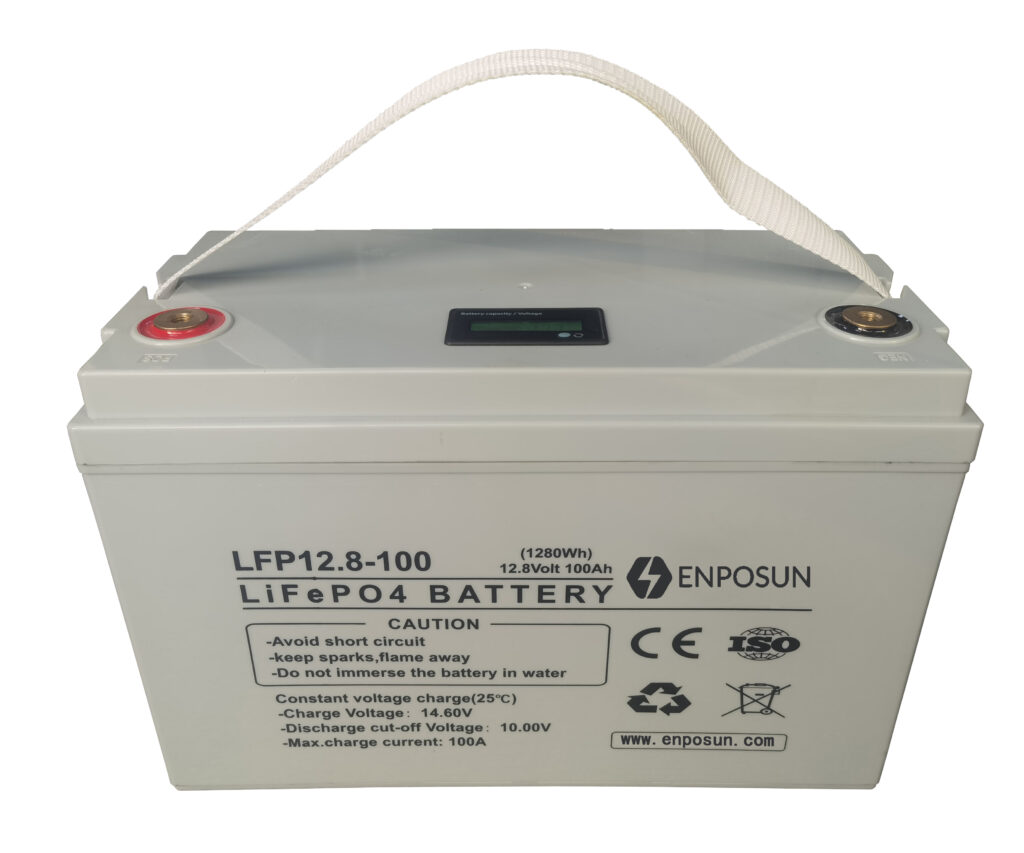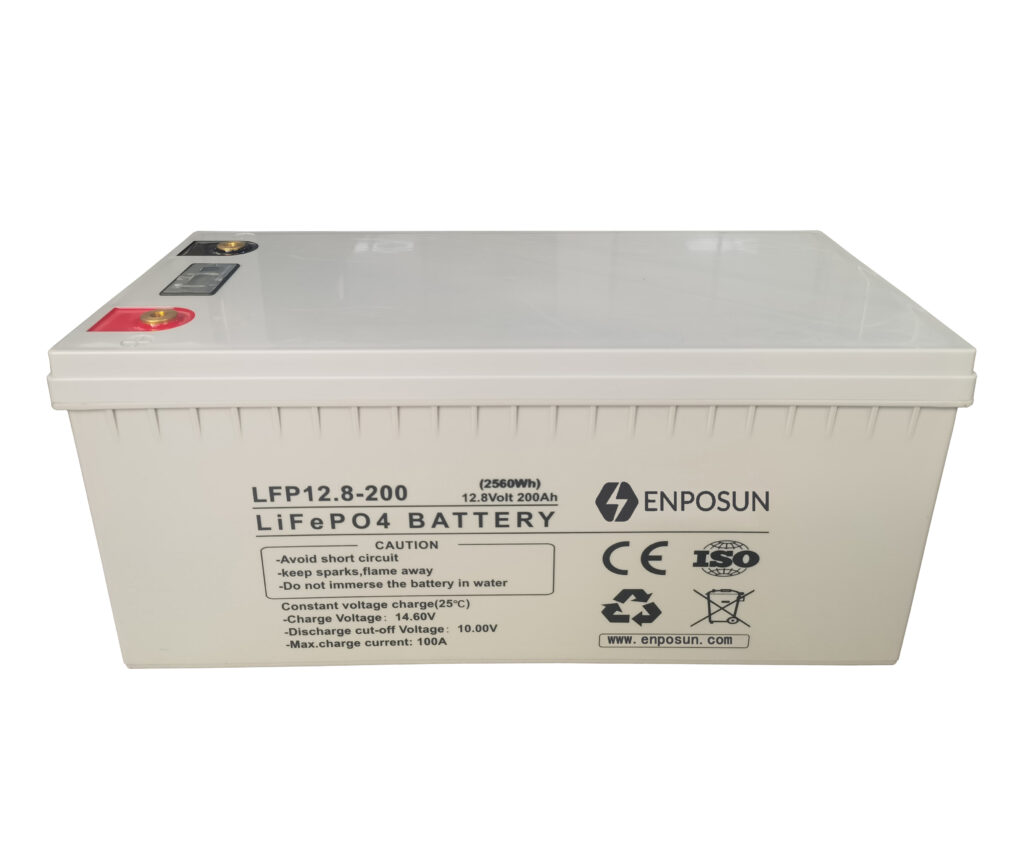Lithium-ion batteries do not need to be completely discharged. The performance and durability of lithium-ion batteries are generally more suitable for partial charging and discharging than for fully charging and discharging. Excessive discharge can cause excessive release of lithium ions from negative carbon, leading to the destruction of its layered structure, causing damage to the battery. At the same time, after over-discharging, lithium-ion batteries may not have normal charging and power-on conditions due to low voltage. Therefore, when using lithium-ion batteries, it is recommended to avoid full discharge and instead use partial discharge to extend the life of the battery and maintain its performance.
In general, the charging and discharge management of lithium-ion batteries should mainly focus on preventing over-discharge to ensure that the battery can work stably and safely. If you need more information about the use and maintenance of lithium-ion batteries, it is recommended that you consult the relevant technical manuals or consult a professional.

Do Lithium-ion Batteries Need to Be Fully Charged and Discharged
Lithium-ion batteries do not need to be fully charged and discharged. In fact, the performance and durability of lithium-ion batteries are usually more suitable for partial charging and discharging rather than fully charging and discharging. Studies show that you shouldn’t expect your battery to be constantly overcharged. Therefore, it is recommended to unplug the charger until the battery is fully charged (e.g. 98%, 99%) or immediately after you see that the battery is fully charged.
Besides
Lithium-ion batteries do not have a memory effect, so they do not need to be discharged before each charge like nickel-cadmium batteries and nickel-metal hydride batteries, and they can be charged anytime and anywhere. The depth of charge and discharge of the battery has little effect on the life of the battery.
Nevertheless,
Battery life degradation is inevitable with increasing charging and discharging. So, developing proper battery usage habits and avoiding over-discharging and over-charging the battery can extend the life of the battery. In particular, do not abuse the battery and charge it on time when the battery is low; At the same time, avoid overcharging the battery, choose a suitable charger and pay attention to its cut-off voltage when charging.

Summing up
It can be said that for lithium-ion batteries, partial charging and discharging is more suitable, and there is no need to charge and discharge completely. At the same time, avoiding over-discharging and overcharging the battery, and developing good usage habits, can ensure the stability of the battery and prolong its lifespan.
